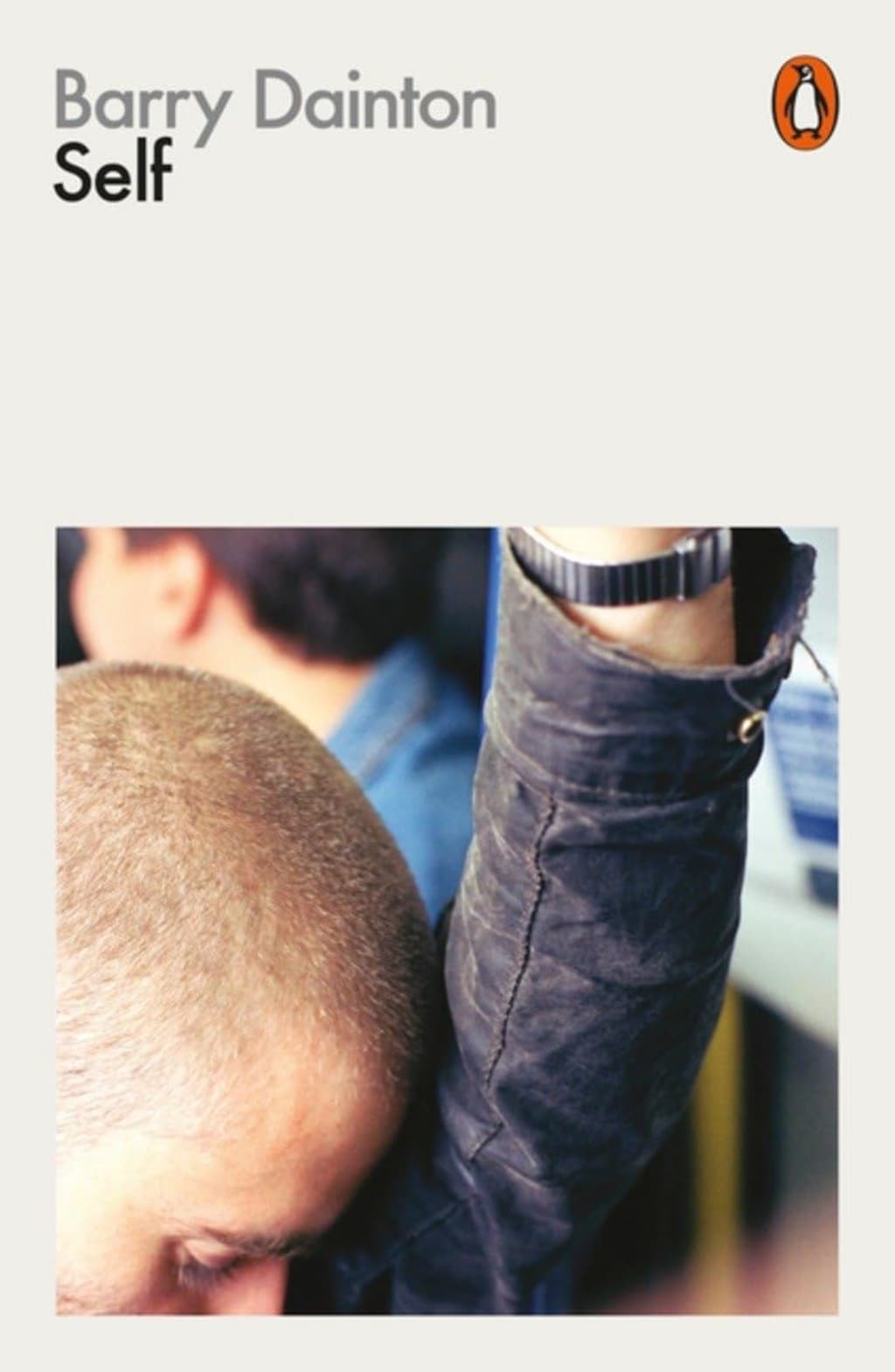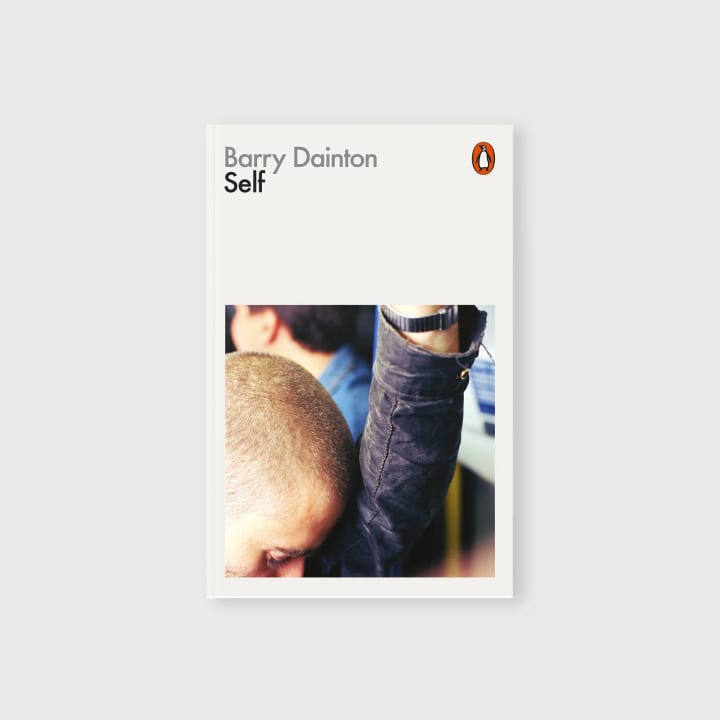Book Review: "Self" by Barry Dainton
5/5 - an in-depth and analytical look at every aspect of the self...

I'm starting to like books which purposefully confuse me. When I was a teenager, I saw no value in contemplating existence and often dismissed it as an idea for idle minds. Philosophers were necessary reads to understand other books but to me, they didn't have anything serious to say and many of them were repetitive. It probably wedged its way into the ideas surrounding why I was so bored with it in university - western philosophy was something I was good at but I still held it in very little regard in comparison to my literary pursuits. It was only when I started putting them together on my undergraduate degree that I felt like I was making headway and everything, then became far more interesting.
I read and re-read the Norton Critical Anthology of Theory and Criticism which included great essays and works such as Derrida's On Grammatology and essays by Said and Foucault. When these are applied to literature, we can grasp a whole load of new theories, ideas and perspectives. The Norton Anthology is now one of my most prized books. But aside from that, I now just like reading things that weave me in a web of philosophical confusions. Barry Dainton's Self is one of those books.
One of the points that is covered near the start of the book is whether we have a soul or whether we are a soul. Now, I'm not goint to say which one is correct but the author moves very quickly into the arguments about perception being based on experiences in the philosophies of Descartes. This, at first, can be quite confusing but pans out later on once you've read through all the stuff about how things are not simply there, but they are there because we experience them as being there. (Don't worry, I am well aware of how convoluted this is).
Thus, as we shape the world around our own perceptions, our perceptions shape our own senses of self. I think that concept might be easier for me to understand than all of the other aspects of the metaphysics regarding Descartes' theories on the soul. I mean the theory of the Cartesian Soul is difficult to understand enough without all the stuff about how the eyes perceive the world they are looking at.

The soul might be a big part of the book but it is only a small part of the entire self. He draws on many different traditions (yes, including Descartes) to explain how the soul and the self form and continue. I'm not going to lie though it confused me a little, I was well aware of what I was learning so I didn't mind too much.
I liked the part where Dainton discusses the psychological self which is formed from memories and pasts, things people remember from us and the kinds of impressions we have on others. Linking back to the idea of perception and how everything we see is seen because we perceive it to be the way it is. I kept thinking about how we perceive each other and how everyone is just a perception of thoughts rather than something that they believe they are. Someone could be completely different to how you have perceived them purely because of time, place and context.
The physical body shapes our idea of identity only because it is a physical thing. It took me a while to understand this idea but, eventually it became clear. The only reason the physical body exists is to give us a point of reference to who we are as we cannot perceive a soul. The soul is therefore perceived to be inside the body and so, we can look at ourselves in the mirror and understand who we are. A soul is not a physical thing therefore, and the body is the way we can see it. It is like a nice box that contains an indescribable object. I told you it was confusing.
There are many other ideas explored in this book from Descartes' simulation-like theory about reality to the way in which the unity of consciousness fashions a kind of joint thinking process in people. We look at our own continuity and how it is made from stability in the body and the mind, the idea that our physical body and its minor changes allow us to remain the same person in identity for long stretches of time. I enjoyed this book for all it's strange and twisted language quirks and more than often, its dense and interesting dives into the ideas of self that have been explored for centuries.
About the Creator
Annie Kapur
200K+ Reads on Vocal.
Secondary English Teacher & Lecturer
🎓Literature & Writing (B.A)
🎓Film & Writing (M.A)
🎓Secondary English Education (PgDipEd) (QTS)
📍Birmingham, UK
X: @AnnieWithBooks
Enjoyed the story? Support the Creator.
Subscribe for free to receive all their stories in your feed. You could also pledge your support or give them a one-off tip, letting them know you appreciate their work.






Comments (1)
I have resisted as much philosophy as possible as a former English major, but I am intrigued by this one. Thank you for this. I now have too many books in my home and now I have to add even more!